‘Love, Simon’ author Becky Albertalli comes out as bisexual after criticism over books
Albertalli responded to criticism that she was "profiting" from the LGBTQ community, saying she had spent years denying her own feelings

Becky Albertalli, writer of Simon vs. the Homo Sapiens Agenda, has come out as bisexual.
In an essay posted to Medium, Albertalli said that she was addressing her sexuality publicly after facing criticism that she was “profiting” from the LGBTQ community with her work.
Albertalli’s award-winning 2015 novel, which dealt with a teenager coming to terms with his sexuality, inspired the 2018 film Love, Simon, and TV series Love, Victor, which airs on Hulu.
She subsequently wrote a spin-off novel, Leah on the Offbeat, featuring one of the characters from Simon falling in love with another woman.
In her essay, Albertalli said it was while writing Leah on the Offbeat that she began to “question” her own identity.
“I’m thirty-seven years old. I’ve been happily married to a guy for almost ten years. I have two kids and a cat. I’ve never kissed a girl. I never even realized I wanted to,” Albertalli wrote. “But if I rewind further, I’m pretty sure I’ve had crushes on boys and girls for most of my life. I just didn’t realize the girl crushes were crushes.
“Every so often, I’d feel this sort of pull toward some girl I vaguely knew from school or camp or after-school dance class. I’d be a little preoccupied for a few weeks with how cool or cute or interesting she was, and how much I wanted to be her friend,” she continued. “It just never occurred to me that these feelings were attraction.”
Albertalli said she “didn’t have a frame of reference” for the attractions due to growing up in a “conservative southern US suburb.”
“I’d met a few people who were openly gay or lesbian, but I don’t think I met an openly bi person until college,” she wrote. |And even then, my understanding of bisexuality as a concept didn’t entirely track with how I see it now. For one thing, the idea of sexual fluidity wasn’t even on my radar.
“And there didn’t seem to be a word for girls who basically liked guys, but were sometimes (randomly!) fascinated by girls. But the girl stuff was always so vague, and it didn’t really fit with how I saw myself.
“So my brain did what brains sometimes do. It edited out all the parts that refused to make sense. And for over two decades, I basically forgot those feelings existed. Until Leah on the Offbeat.”
Albertalli said the novel was the first time she had written from the perspective of a character who is attracted to women, as well as her first time writing a romance between two female characters, and that she “worried I wouldn’t be able to feel what I’d need to feel in order to write a convincing love story.”
“Turns out, that wasn’t a problem — and maybe that should have been my lightbulb moment,” she said.
Instead, Albertalli said she put her ease at writing the emotions down to being “immersed in Leah’s perspective,” and though she was “beginning to question things,” she didn’t give it further thought.
But things came to a head after the release of Love, Simon and Leah on the Offbeat in 2018, the former being the first gay teen rom com by a major studio and the latter one of the first YA novels featuring a female/female romance to debut on the New York Times bestseller list.
“When Leah debuted on the NYT list, authors I admired and respected tweeted their disappointment that this ‘first’ had been taken by a straight woman,” she wrote, noting that it wasn’t actually the first. “But the attention and scrutiny were so overwhelming, and it all hurt so badly, I slammed the lid down on that box and forgot I’d ever cracked it open.”

The criticism, which came from Albertalli identifying as straight in several interviews, led to calls for boycotts of her work.
“I was frequently mentioned by name, held up again and again as the quintessential example of allocishet inauthenticity,” she said. |I was a straight woman writing shitty queer books for the straights, profiting off of communities I had no connection to.”
She noted that the criticism, and the declarations that Albertalli’s heterosexuality was “obvious” in her writing, caused a “mindfuck” while she was trying to come to terms with her own sexuality.
“Imagine hundreds of people claiming to know every nuance of your sexuality just from reading your novels. Imagine trying to make space for your own uncertainty,” she wrote, adding, “Why do we, again and again, cross the line between critiquing books and making assumptions about author identities? How are we so aware of invisible marginalization as a hypothetical concept, but so utterly incapable of making space for it in our community?”
Albertalli said that her Medium essay was not “how I wanted to come out.”
“This doesn’t feel good or empowering, or even particularly safe. Honestly, I’m doing this because I’ve been scrutinized, subtweeted, mocked, lectured, and invalidated just about every single day for years, and I’m exhausted,” she wrote. “And if you think I’m the only closeted or semi-closeted queer author feeling this pressure, you haven’t been paying attention.
“And I’m one of the lucky ones! I’m a financially independent adult. I can’t be disowned. I come from a liberal family, I have an enormous network of queer friends and acquaintances, and my livelihood isn’t even remotely at risk,” she continued. “I’m hugely privileged in more ways than I can count. And this was still brutally hard for me. I can’t even imagine what it’s like for other closeted writers, and how unwelcome they must feel in this community.”
Albertalli asked those who had criticized her previously to “make space for those of us who are still discovering ourselves” and “be a little more compassionate,” adding, “Can we make this a little less awful for the next person?”
She also thanked others who had come before her, including Gillian Morshedi, who penned her own Medium essay, “Adult-Onset Bisexuality and the Passing Dilemma,” about coming to terms with her sexuality after previously ignoring or dismissing it.
“Anyway, all of this is to say: I’m bi. Sorry it took me so long to get here,” she concluded, before nodding to Simon vs. the Homo Sapiens Agenda. “But then again, at least the little red coming out book I needed was already on my shelf (in about thirty different languages). I think I finally know why I wrote it.”
Related:
André Aciman and Becky Albertalli on creating seminal works of gay fiction
Love, Victor’s Michael Cimino: “Everyone should have the right to be who they are”
Love, Simon’s Nick Robinson: New Kid on the Block
Read more:
Anchorage bans conversion therapy on LGBTQ youth
Christian group that believes gay people cause ‘disease’ declared COVID outbreak site
Support Metro Weekly’s Journalism
These are challenging times for news organizations. And yet it’s crucial we stay active and provide vital resources and information to both our local readers and the world. So won’t you please take a moment and consider supporting Metro Weekly with a membership? For as little as $5 a month, you can help ensure Metro Weekly magazine and MetroWeekly.com remain free, viable resources as we provide the best, most diverse, culturally-resonant LGBTQ coverage in both the D.C. region and around the world. Memberships come with exclusive perks and discounts, your own personal digital delivery of each week’s magazine (and an archive), access to our Member's Lounge when it launches this fall, and exclusive members-only items like Metro Weekly Membership Mugs and Tote Bags! Check out all our membership levels here and please join us today!






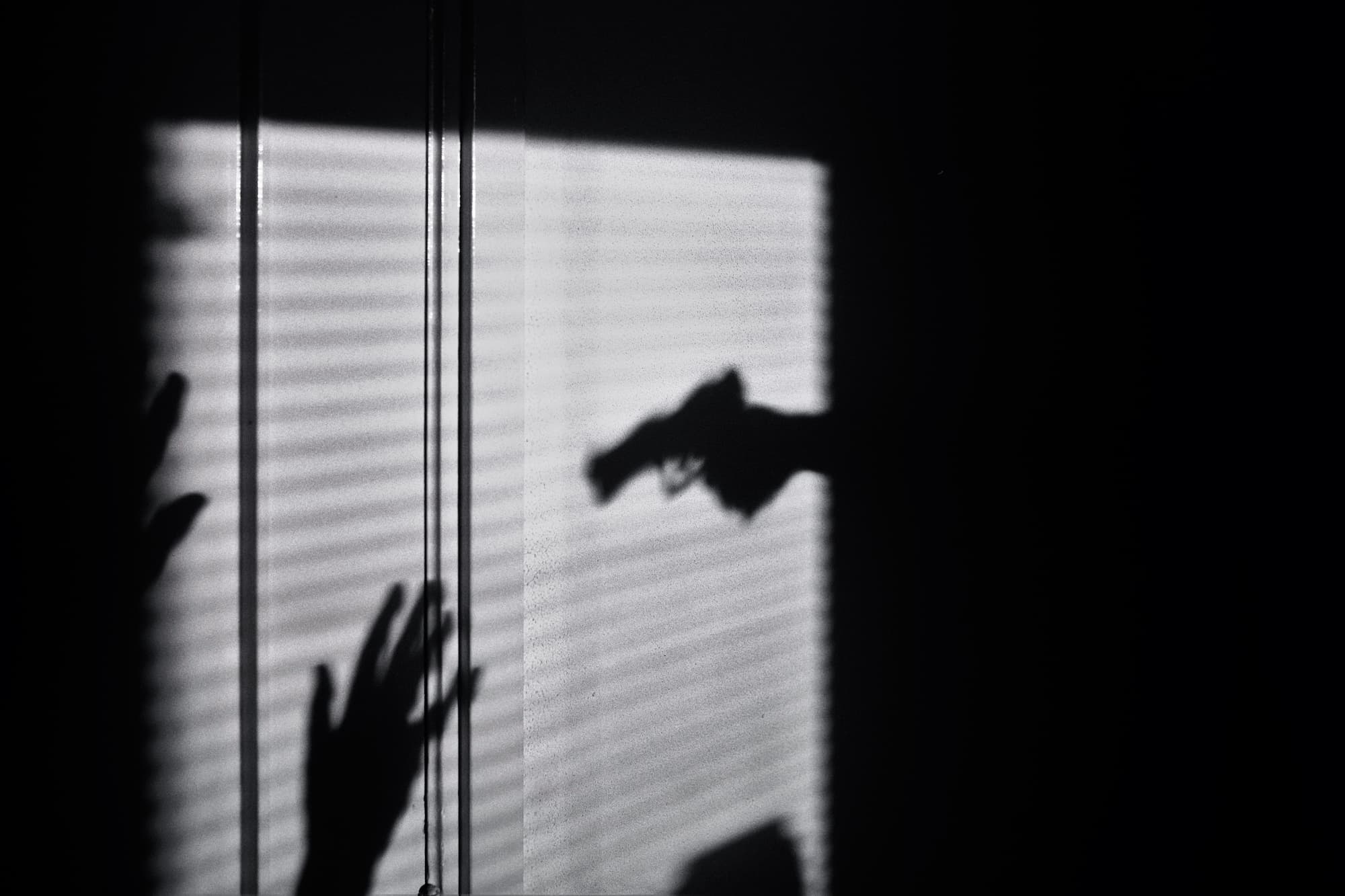
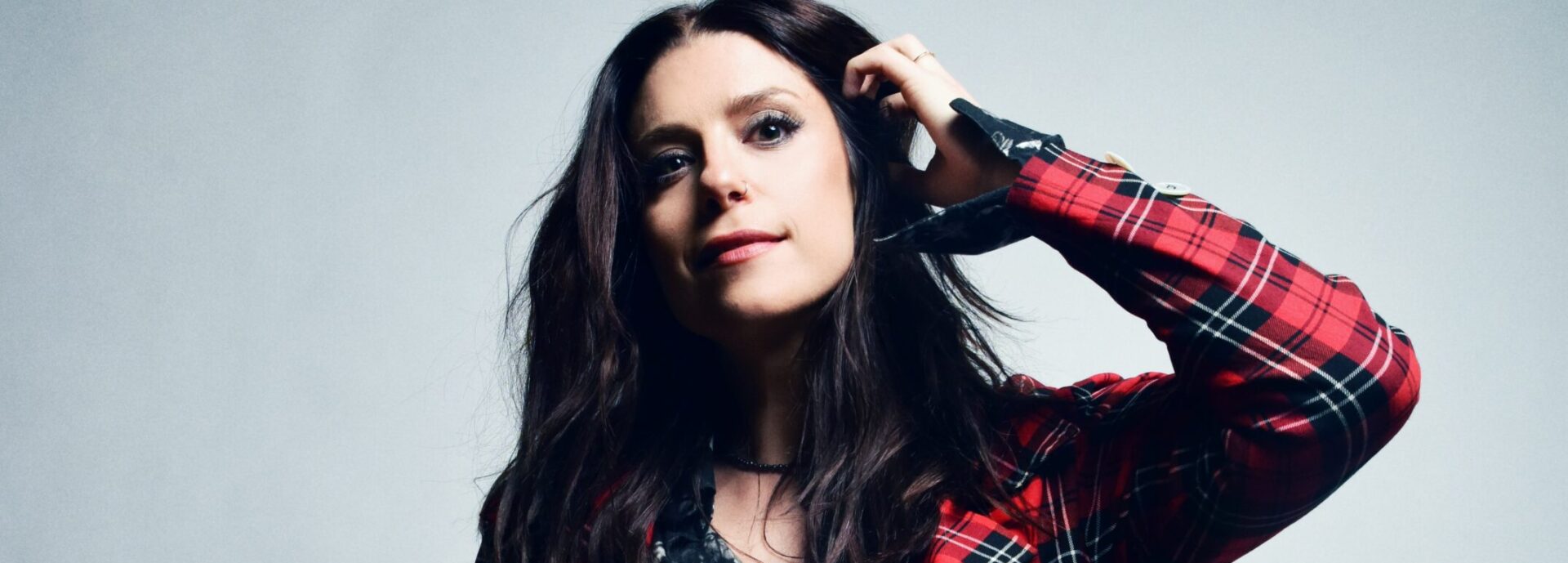














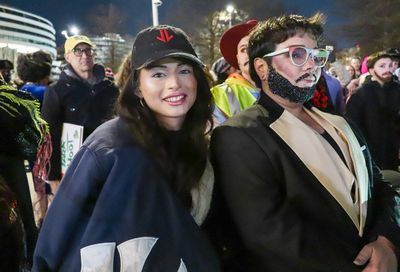
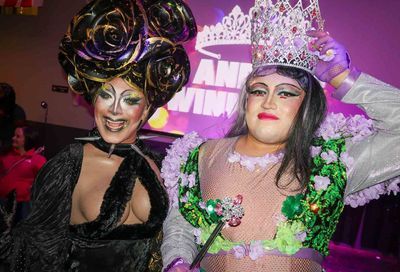
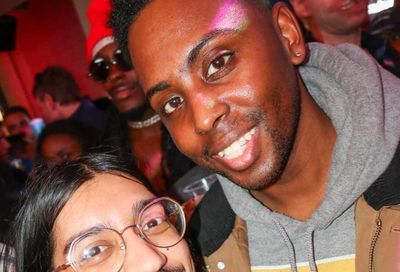
You must be logged in to post a comment.